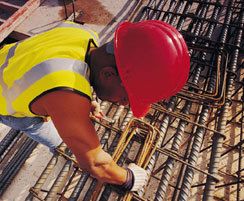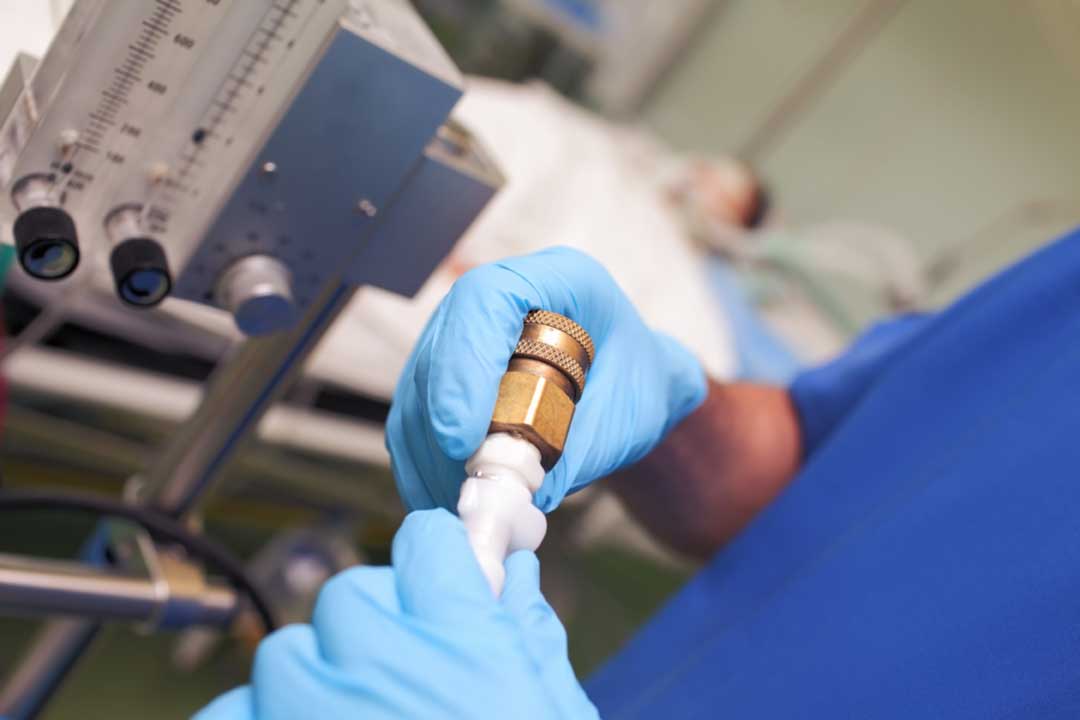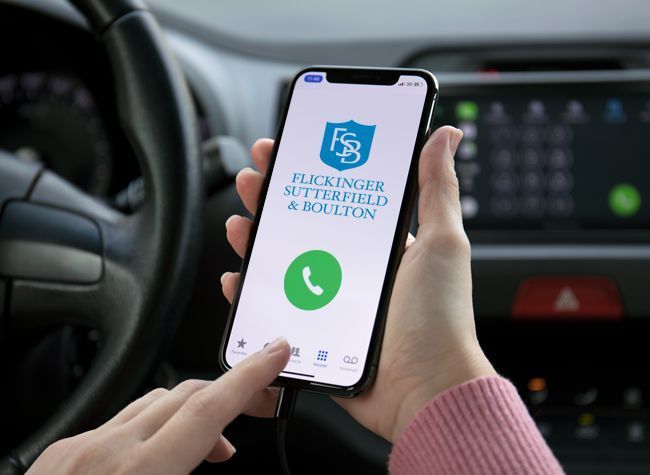Buying a used car comes with many obstacles to navigate. Whether you are purchasing from a private seller, a used auto owner, or a nationwide car dealership, there are things for which you should pay attention. This includes the car and the place where you purchase it.
How Do You Know the Private Seller is Legit?
Nowadays, you can buy a used car from a private seller through many avenues. Facebook Marketplace is a popular way to get items around you, and in Utah, many people sell through KSL Classifieds. When you are buying a used car through these sites, there are many ways that you can verify the seller is legit, as well as the product they’re selling.
Verify the Identity
While you are talking with someone, scheduling a phone call or a time to meet and see the used car can help you know the person is real. It’s important to stay safe, so meeting in a public location and bringing someone with you is a good idea.
When you are getting ready to buy a vehicle from a used seller, you can verify the name on a government issued ID with the name on the car title.
You can look up their phone numbers or emails and see if they are associated with scams.
Watch For Scammers
If the deal on the car seems too good to be true, then it probably is. Verify the prices of the vehicle through Kelly Blue Book, and if the used car is not in that price range, then you need to verify why the price is lower. There’s most likely a reason, like hail damage or transmission problems
You should look out for sellers that refuse to meet in person or only communicate through text or email. Anyone who wants you to pay for the car without you seeing it first, is probably scamming you.
Also look for sellers who do not answer questions clearly or up front, as they might be hiding something.
If they are wanting payment through strange methods like wire transfers and gift cards, you should not move forward with the purchase.
How Do You Know If a Used Car Auto Owner is Reputable?
There does seem to be a stereotype about used car dealerships, and how they don’t sell good cars. There are many ways that you can verify if the dealership will sell you a good used car for a good price.
Check Used Car Dealerships Online Reviews and Ratings
Look at the Google Reviews, Yelp, or DealerRater for more information about the dealership. More recent reviews will be the most accurate, and the overall rating will give you the best idea of how they will treat you. You can also look into the Better Business Bureau to see if they are reputable.
You can also verify their licensing and credentials.
Evaluate Their Inventory and Pricing
Compare the dealership prices with market value. You can review it next to Kelly Blue Book or Carvana. If the prices are inflated, you will want to avoid them. If their prices are about lower than market value, there might be some internal problems that they are not being upfront about.
Check the car’s history through both Carfax and Autocheck. There might be some damage that has happened to the vehicle that won’t show up on Carfax, but will be on Autocheck.
Inspect the Dealership’s Practices
Go in person to the dealership and see how professionally they treat you. If they are professional, the staff will not pressure you, they will keep things clean, and they will be very knowledgeable. Ask about any hidden fees, where they get the vehicles from, and if they offer any warranties.
Make sure there is a clear title that has no liens, and there is no hidden damage.
You can do the same thing for a nationwide dealership. Some in the nearby region include Larry H. Miller, Doug Smith, or Ken Garff. These companies will have larger selections, and are often less likely to participate in shady practices. They could have higher prices, be less negotiable, and might have some hidden fees.
Reading through the reviews of the dealership you want to go to will help you decide if you want to work with them.
Checking the used car’s history is always smart to do and taking the car for a test drive will help you avoid any used cars that might have issues.
Checking The Vehicle Before You Purchase
How do you know what to look for when you are looking at a used car? While checking the Carfax and Autocheck will show any damage that has been done to the vehicle, ownership details, service records, and title information, it is good to check some things for yourself.
Check Exterior and Body
Body Condition
Look around at the exterior of the car. The way the outside was treated is often an insight to how the rest of the car has been cared for. Look for scratches, dents, rust, peeling paints, or mismatched paint. That is often a sign of a replaced or repaired part. Also check panels for any gaps as that is a sign of damage.
Glass and Lights
Make sure all the lights are working correctly. This includes headlights, rear lights, brake signals, and the brights. Then look at the windshield for cracks or chips, as well as all the mirrors. If something is not working, you might just need to replace a lightbulb, but it might be a sign for deeper problems.
Tires
Check the tires tread and look for uneven wear. This could be misalignment or suspension issues. You should also check that the tires are the same brand and size. Looking at the rims is good to do as well if there are many scraps on the rims, that can be a sign for curb damage or an accident.
Frame
You can also check the underneath of your vehicle to look for bent frame, rust, or other structural damage. This can be a sign that your vehicle is not cared for or will not have longevity.
Check Interior
Seats and Upholstery
You can check the seats for any tears, stains, or worn down stops. You also should make sure the seatbelts are working, as well as the mechanics to move the seats forward and backwards.
Dashboard and Electronics
As you are checking the inside of the car, make sure that all of the computers and other electrics work. These can be hard to replace, so it is important to make sure that you don’t have to fix them right after buying a car.
You should also check out the VIN, and look for regular recalls on the vehicle. You can ask the previous owner or dealership if these recalls have been taken care of already.
Test Drive
Take the vehicle for a test drive. This is the best way for you to see the car in action. You can listen for noises, make sure it drives the way you want, and make sure you enjoy the experience. You can also take your car to a mechanic and have them perform a pre-purchase inspection to make sure everything is running well.
You can also go to an auto store, like AutoZone, and have them check your system. They plug in a diagnostic tool and find issues, often related to the check engine light.
Red Flags to Watch Out For
Hidden Accident Damage
Sellers may try to hide accident or damage, so always check for mismatched paint or poor bodywork. These hidden issues might cause problems for driving or function of your car.
Engine or Transmission Problems
Since these repairs cost the most, watch out for any bad smells, leaks, check engine lights, or problems with shifting or turning on the car. Even if the owner says these are normal things, talk with a mechanic before making the purchase.
Odometer Fraud
Since sellers can tamper with odometers to show less miles that what the car actually has, it is good to do some review of the car. This way, you can see if the wear and tear matched the stated mileage.
Flood and Water Damage
If your car had flood or water damage, this can rust or electrical issues. You can spot this with musty smells, rust in the trunk or under the seats, or even new carpet.
Poor Maintenance Issues
When you look up the VIN or speak with the seller about maintenance, it’s good to know if the car has been serviced and cared for frequently. This will mean the car is running properly, and you don’t need to do more maintenance later.
If you do end up paying or financing a new vehicle that is not worth how much you’re paying, you might find even more trouble in the event of an accident. If your car is totaled, you only get paid what the vehicle is worth, not what you paid. This means there is potential you could still owe money on a vehicle, after insurance has paid you.
Buying a new car can be stressful, but if you make sure that the car you are buying is reliable and worth the price you’re paying. A reliable car will keep you safer, will have cheaper insurance, and will be less trouble for you in the end.
Flickinger • Boulton • Robson • Weeks Can Help
Our offices are located in Provo and South Jordan, Utah, and we serve residents in all of the surrounding areas. Give us a call today to get in touch with an accident lawyer that will be by your side every step of the way.


